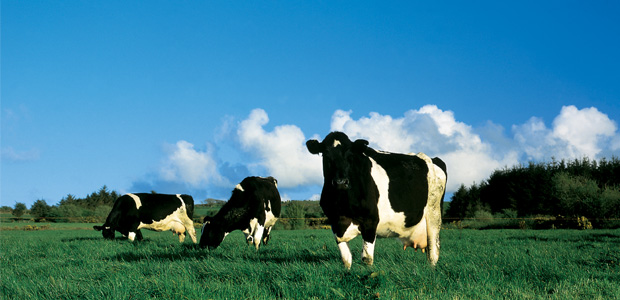Advertisement
Food Crisis
Farming is in a crisis, particularly here on the Western Canadian prairie. Everyone is calling it an economic or financial crisis in agriculture. However, the problem is more than finances, so I will call it a “system crisis.” The agriculture system is not working. The Saskatchewan government–supported by a number of farm organizations–has asked the … Continued

Farming is in a crisis, particularly here on the Western Canadian prairie. Everyone is calling it an economic or financial crisis in agriculture. However, the problem is more than finances, so I will call it a “system crisis.” The agriculture system is not working.
The Saskatchewan government–supported by a number of farm organizations–has asked the federal government (Canadian taxpayers) for a one billion dollar subsidy or bail out for Saskatchewan farmers. If the Canadian taxpayer is going to come through with the money, then it is time consumers voiced their opinion about the kind, quality and security of the food supply.
Saskatchewan has 43 percent of the cultivated land in Canada–with only a million people, or 3.3 percent of the population. We are not able to feed ourselves; line-ups at the food banks are getting longer and these include farmers. Our food, water and soil are polluted with toxic chemicals all year long and are becoming more polluted. Spraying season pollutes our air seven months of the year. But billions of taxpayers’ dollars are spent on research and training agrologists in chemical agriculture.
Transnational drug and chemical corporations pressure farmers to move to genetically-engineered (GE) products that require increasing amounts of toxic chemicals. They want complete control of agriculture so they can make huge profits from toxic chemicals. Meanwhile, the chemical agriculture policies lead to increasing amounts of pollution and illness.
The Future is Now
Europe is refusing to buy our GE canola. Japan will start labelling canola in 2001. Australia is shipping large volumes of non-GE products to Europe and getting our former markets. Europe does not buy our beef because we use growth hormones and antibiotics. We have a high-tech agriculture that is losing markets because of consumer concerns about polluted food. We have lost many traditional markets because of food quality.
Farmers are going bankrupt and leaving the farms. Our small towns are disappearing. In many instances, both husband and wife are working off the farm to pay the farm bills. They are driving an average of 80 kilometres one way to work everyday. The demand on our farm stress phonelines is rapidly increasing. There are no programs to train young people to farm. Our health costs are soaring and waiting lists for health services are rapidly growing. This is certainly not a foundation for a stable food supply for our nation.
Press reports indicate that it cost $750 billion to provide computer security in North America for the new millenium. Others say the cost was $750 billion worldwide. However, nothing was mentioned about food security. The 1996 census reports there were 28,846,761 Canadians–all of whom are consumers of food. At the same time, there were 276,550 farms.
I have been organic farming for 31 years in one of the drier areas of Saskatchewan. I know from experience that it is the only kind of farming (if done properly) that will rebuild the depleted soils, clean up the environment and provide healthy nutritious food for Canadians and our customers abroad. It will help meet Canada’s commitment to the Kyoto conference to reduce greenhouse gases.
I would like to appeal to all Canadian food consumers to start lobbying farmers directly or through your church, school, municipal government, sports, labor or community development organization. Tell farmers that you want them to grow or produce the healthiest food possible–particularly if they want subsidies.




